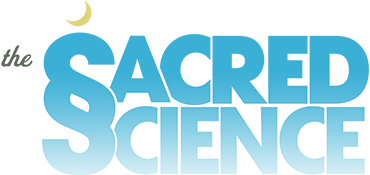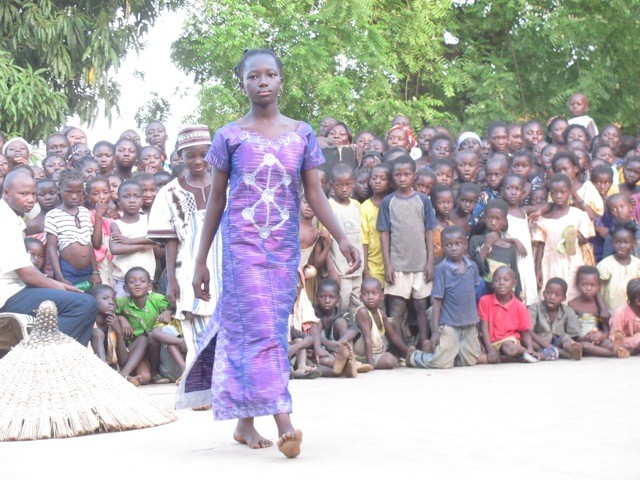This morning, I came across a bit of wisdom from the Dagara people of West Africa that really struck a chord. The words below were spoken by Malidoma Patrice Somé, a spiritualist and writer from this tribe, whose work is centered on the ancestral healing traditions and sacred rituals of his people.
In Dagara communities, the function of the soul is very carefully examined. The appearance of each individual means far less than the essence or truth that is contained within one’s body. The soul is seen as an entity that doesn’t have a start or an end, moving in a constant orbital mode between the spirit realm of the ancestors and the land of the tribe.
“In the culture of my people, the Dagara, we have no word for the supernatural. The closest we come to this concept is Yielbongura, ‘the thing that knowledge can’t eat.’ This word suggests that the life and power of certain things depend upon their resistance to the kind of categorizing knowledge that human beings apply to everything. In Western reality, there is a clear split between the spiritual and the material, between religious life and secular life. This concept is alien to the Dagara. For us, as for many indigenous cultures, the supernatural is part of our everyday lives. To a Dagara man or woman, the material is just the spiritual taking on form. The secular is religion in a lower key — a rest area from the tension of religious and spiritual practice. Dwelling in the realm of the sacred is both exciting and terrifying.”
This wisdom is a shining example of the cross-cultural (and cross-continental) similarities that exist in the spiritual beliefs of many tribes worldwide. I’ve heard Malidoma’s words echoed by elders throughout the Americas, time and time again. Especially this notion that there is no separation between the spiritual and the material world, and that every moment is an opportunity for ceremony and deeper connection.
A parting question for you: What can we do as human beings in the modern world, to bring the spiritual into our lives, even when we’re in the middle of a “busy” week?
Stay curious,
Nick Polizzi


